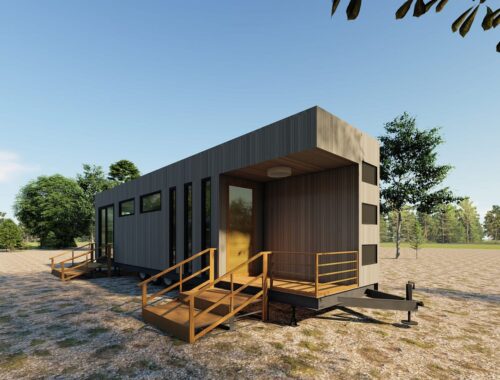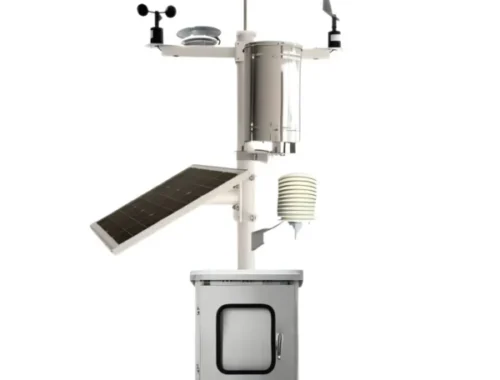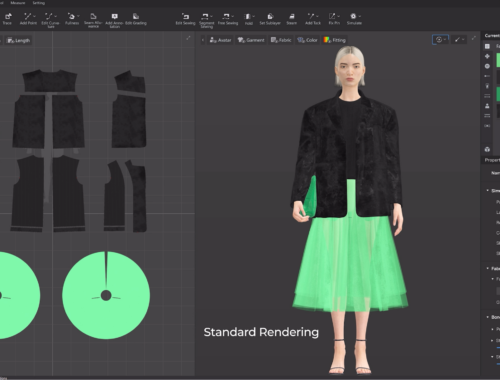Perez nixes 'undercard' debates for 2020 primary
With the prospect of upward of 20 Democrats running for president in 2020, Democratic National Committee Chairman Tom Perez announced on Thursday that the party would split up candidates by random selection and host debates on consecutive nights if there were too many candidates.
The decision will allow the DNC to avoid attempting to fit the expected bumper crop of candidates on one stage or sorting debate appearance by polling numbers.
Perez said he didn’t want any voters to feel that the party was toying with the debate or debate schedule to help out certain candidates. “The critical imperative is making sure everyone feels their candidate got a fair shot,” Perez said. He said the logistics of dealing with so many candidates is a “first-class challenge to have.” The committee did not say how many candidates constituted too many for one stage.
The DNC chairman also told reporters that the DNC would be hosting twelve debates during the 2020 primary with the first two being held in June and July of 2019. There will be a total of six in 2019 and six in 2020. The first four early states — Iowa, New Hampshire, Nevada and South Carolina — will not host debates until 2020. Perez said this was to ensure that voters around the country would be able to see the candidates instead of just voters in the important early states.
Perez is taking a different approach from what the Republican Party did during the 2016 primary when it faced a similar surge of candidates. Faced with 17 primary candidates, the GOP decided to have one prime-time debate with the highest polling candidates and another debate on the same night with the lower polling candidates, often referred to as the “undercard debate.” Those debates attracted fewer viewers and some campaigns felt that the secondary status of their debates was the party tagging them with a loser label.
The DNC chairman said that not every Democrat running for president will automatically qualify for the debate or debates. There will be a viability threshold but Perez emphasized it would not be based only on polling numbers, as the Republicans did in 2016. He said the formula for viability hadn’t been finalized but would look at signs for grassroots energy, such as small-dollar donations.
It is unclear if the DNC will use national polling, early state polling, or some combination in its determination of viability. The DNC did not respond to an inquiry.
National polls are regularly released but many strategists believe they do not accurately capture the state of the race, which can be upended by victories in early states. Barack Obama was trailing Hillary Clinton nationally by double digits before he won the Iowa caucuses in the 2008 primary.
There are still more details to be sorted out in the coming months such as sponsors, final dates and locations. Perez made clear he wanted to have debates about substantive policy issues such as climate change and health care. In a reference to a Republican debate in 2016 that turned into a innuendo-filled manhood-measuring contest, Perez said he didn’t want “debates about hand size.”
Click Here: Cheap FIJI Rugby Jersey
You May Also Like

ユニットハウスのメリットとデメリットを徹底解説
March 22, 2025
What is an Automatic Weather Station?
March 15, 2025